Photographer Belal Khaled’s series “Hands Tell Stories” began while he was sheltering in a tent near Nasser Hospital in Gaza City. There, he captured images of the hands of those around him – where scars, silence and small gestures can tell stories that words cannot, about life, loss, human resilience and hope. (Source: The Guardian) |
At the Les Rencontres d'Arles International Photography Festival, the prestigious Prix Pictet photography award announced its 2025 shortlist, with the theme “Storm.” The selected works reflect “storms” that are not limited to natural phenomena but also encompass social upheaval, memories of war, epidemics and environmental crises.
In this theme, the photographers extended the concept of “storm” into a metaphorical sense – where a hand, a scar, a page of a book or a cloud can also become a symbol of ecological, political and psychological turmoil.
Chairman of the jury Sir David King commented: “Across our planet, climate change-induced disasters such as wildfires, floods, droughts and heat waves are taking lives, destroying precious infrastructure and ecosystems. Many places are no longer suitable for human habitation. In this context, the theme 'The Storm' comes at the right time.”
Focusing on sustainability, Prix Pictet has selected 12 photographers from various countries, each with their own perspective and “storm” to tell stories of fragility, resilience and hope amid chaos. The winner will be announced at the Victoria and Albert Museum (London) in September 2025.
Here are some impressive photos:
Photographer Patrizia Zelano recreates the historic high tide in Venice in 2019 through her photo series “Acqua Alta a Venezia” (High Water in Venice). She captured images of books, from encyclopedias, scientific treatises to classic works of literature, that she “saved” from the floodwaters. The series of photos is a journey through four artistic periods, where knowledge becomes relics, paper becomes waves, and the pages of books seem to be swaying in the turbulent sea of memory and time. (Source: The Guardian) |
In her series “Hurricane Season,” photographer Hannah Modigh captures the everyday lives of people in southern Louisiana, where hurricane season is a way of life. Through her lens, she shows the impact that natural disasters have on the rhythm of life and the psychology of the community. (Source: The Guardian) |
Photographer Alfredo Jaar’s series “The End” documents the severe depletion of Utah’s Great Salt Lake due to over-exploitation of water. A vital ecosystem in the Western Hemisphere that maintains rainfall and is a habitat for around 10 million migratory birds, the lake has lost 73% of its water since the mid-19th century. The drop in water levels has exposed toxic dust and increased salinity to dangerous levels. Without measures to improve water resources, the lake is at risk of disappearing, with serious consequences for the health, environment and economy of the entire region. (Source: The Guardian) |
In her series “Are they rocks or clouds?”, photographer Marina Caneve turns her lens to the Dolomites in northern Italy, which suffered severe flooding and landslides in 1966. She eschews the usual grandiose depiction of mountains, focusing instead on geological layers that reveal the mountain’s fragile structure and hints that disaster could recur. (Source: The Guardian) |
In his series “Luciferines – Entre Chien et Loup” (Luciferines – Between Dog and Wolf), photographer Tom Fecht captures the bioluminescent glow of cold-water plankton, Luciferines, which are disappearing due to rising ocean temperatures. The glowing effect occurs when millions of organisms are exposed to oxygen on the surface of the rough seas. These fragile streaks of light are almost invisible to the naked eye and can only be captured through a camera lens during the twilight moments between night and day. (Source: The Guardian) |
At the vegetable store, a work in Baudouin Mouanda’s photo series “Le Ciel de Saison” (The Sky of the Seasons), recreates the historic 2020 floods in Brazzaville (Republic of Congo) through the participation of those who experienced it. Unable to access deeply flooded neighborhoods during the flood, he recorded memories by setting up scenes in flooded basements. People brought their personal belongings and posed together to remember the real-life situations they faced. (Source: The Guardian) |
Photographer Camille Seaman’s “The Big Cloud” series captures the phenomenon of superstorms – thunderstorms that can produce large hailstones, tornadoes and giant clouds up to 80km wide and 20km high, powerful enough to block out daylight. For Seaman, the cloud is a symbol of the duality of nature: beautiful and terrible, creative and destructive, all coexisting in one entity. (Source: The Guardian) |
The photo is part of the “Amazogramas” series by photographer Roberto Huarcaya, which shows the power of nature. While he and his colleagues were exposing a 30-meter-long roll of photosensitive paper placed under a palm tree on the Madre de Dios River (Amazon), a sudden storm arose. Four lightning bolts directly imprinted the landscape and the paper. In that moment, nature became the author. (Source: The Guardian) |
During his time as a student in Japan, photographer Takashi Arai heard firsthand the stories of the hibakusha, survivors of the atomic bombings of Hiroshima and Nagasaki. In his series “Exposed in a Hundred Suns,” he quietly captured images of relics and sites associated with the nuclear legacy in Japan, the United States, and the Marshall Islands using 6x6 cm daguerreotypes. These “micro-memories,” which he calls micromonuments, are an attempt to reconstruct memories through the personal perspectives of indigenous people. (Source: The Guardian) |
Source: https://baoquocte.vn/giai-thuong-nhiep-anh-prix-pictet-2025-nhung-con-bao-cua-thoi-dai-321993.html


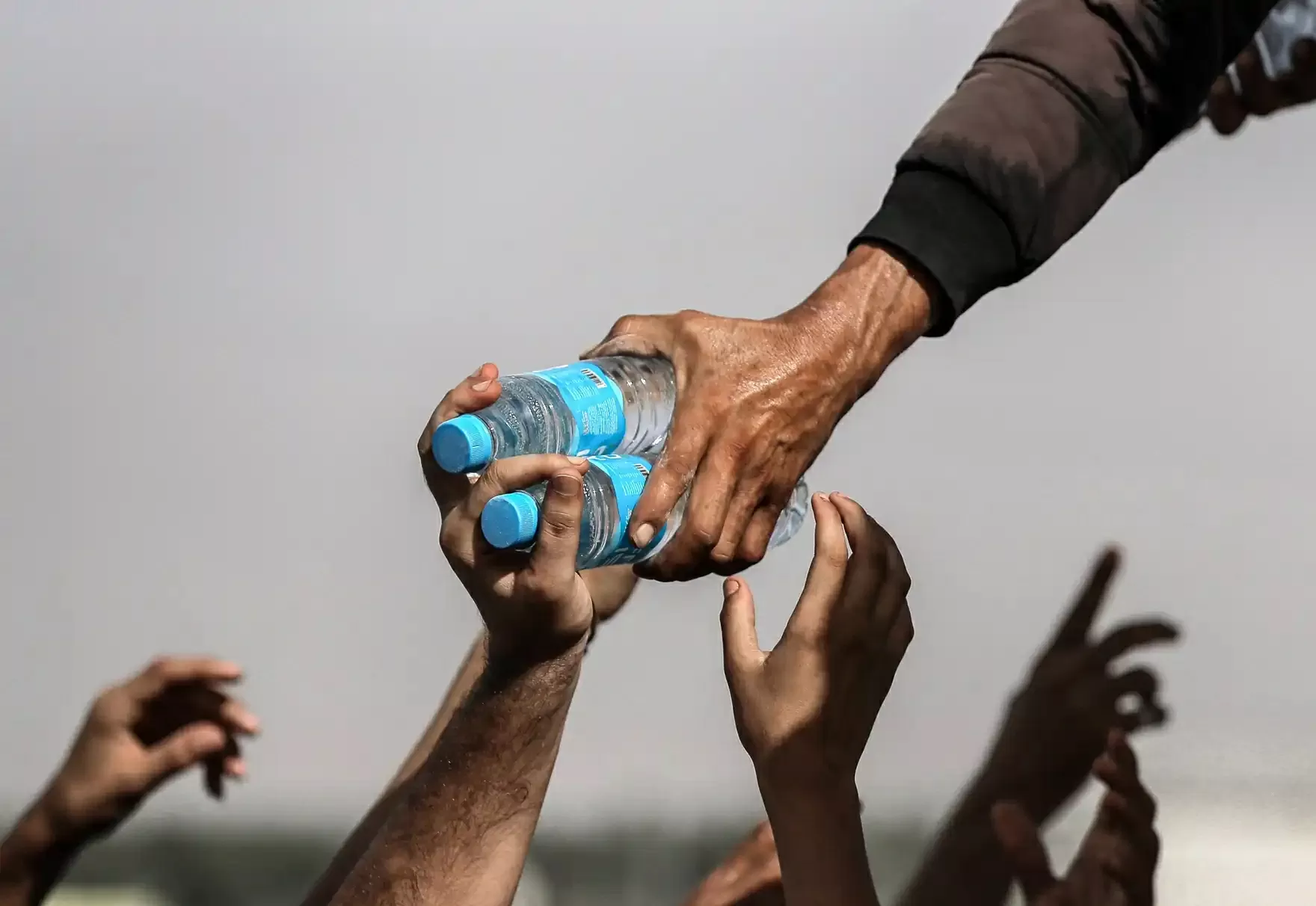
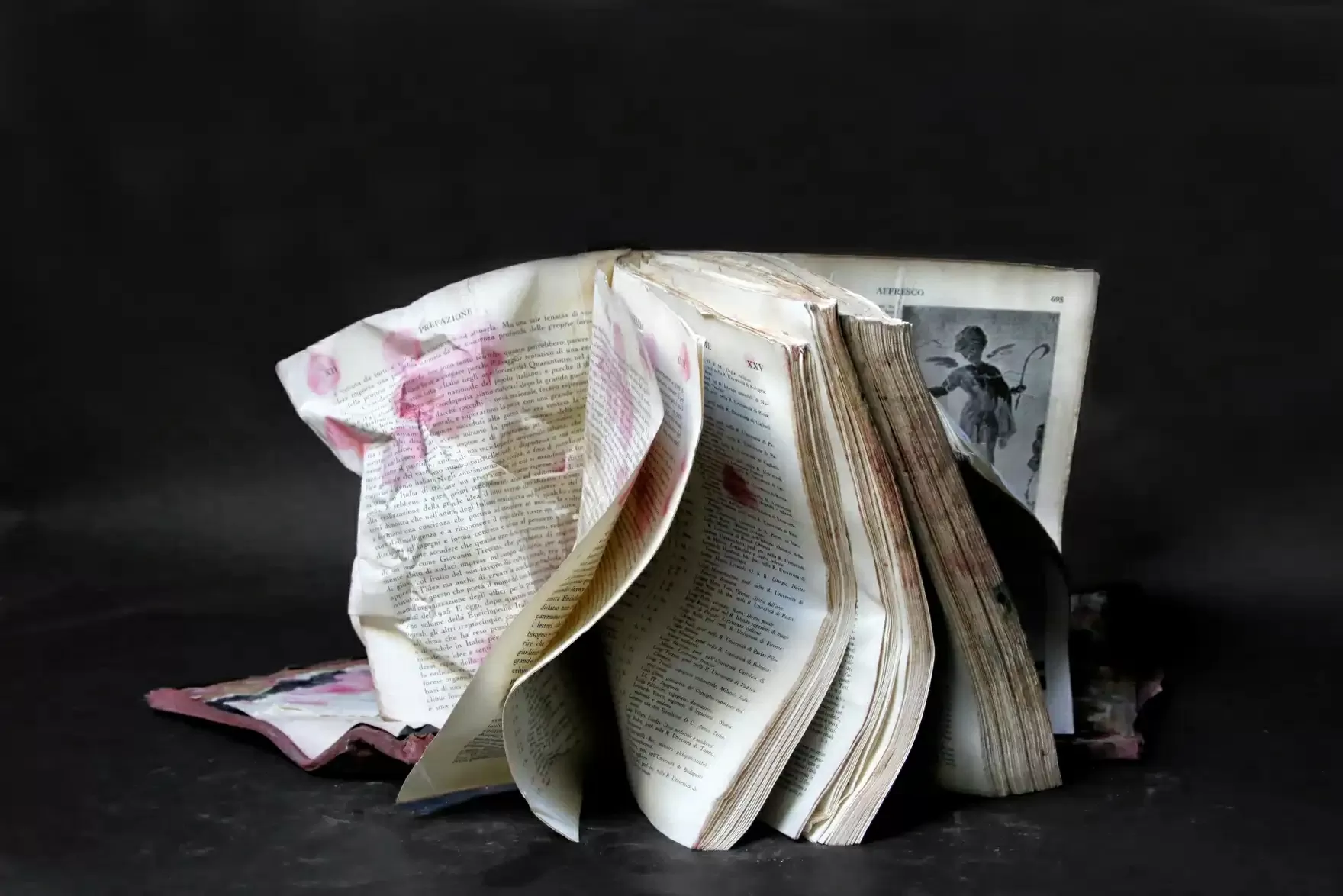
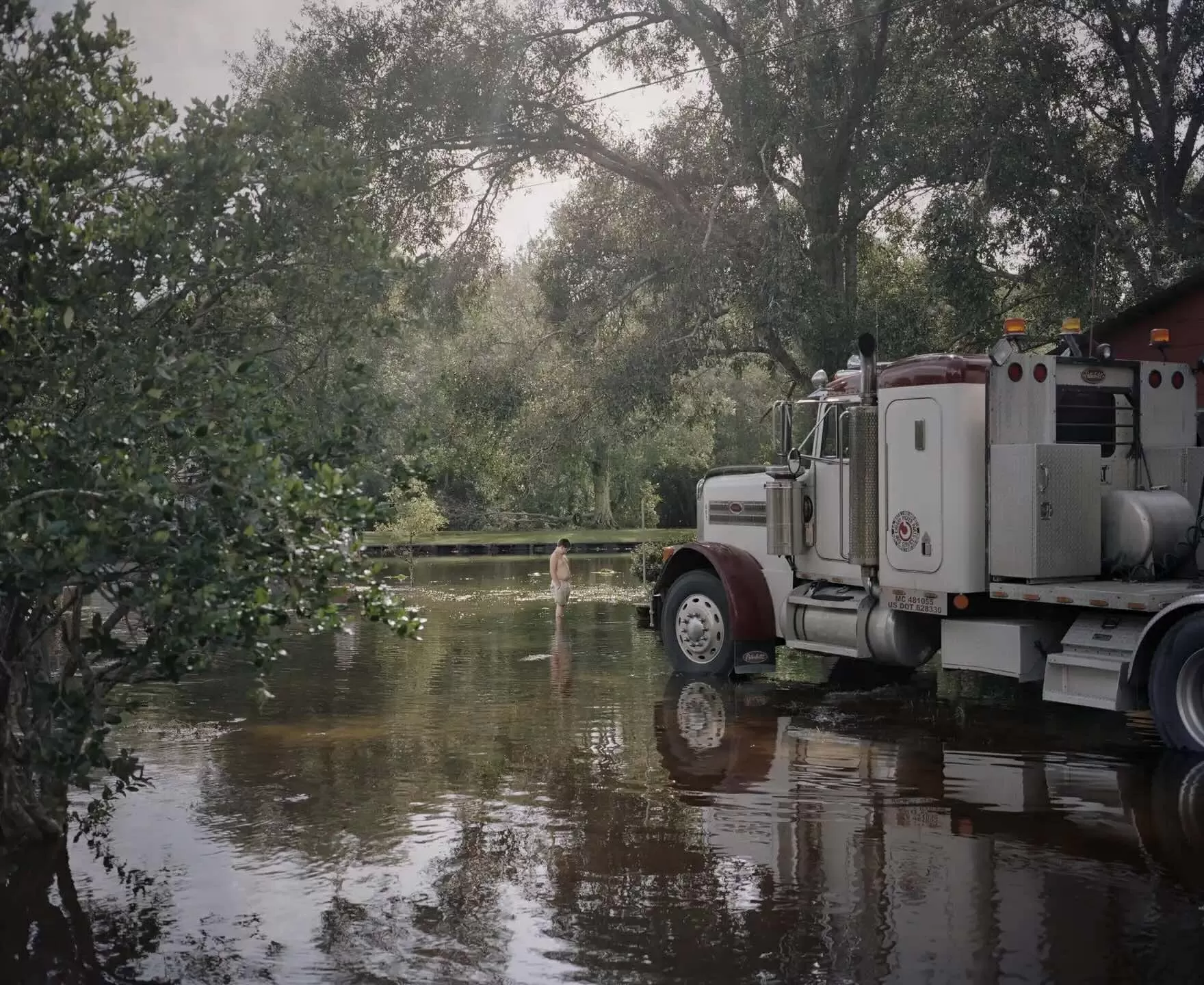
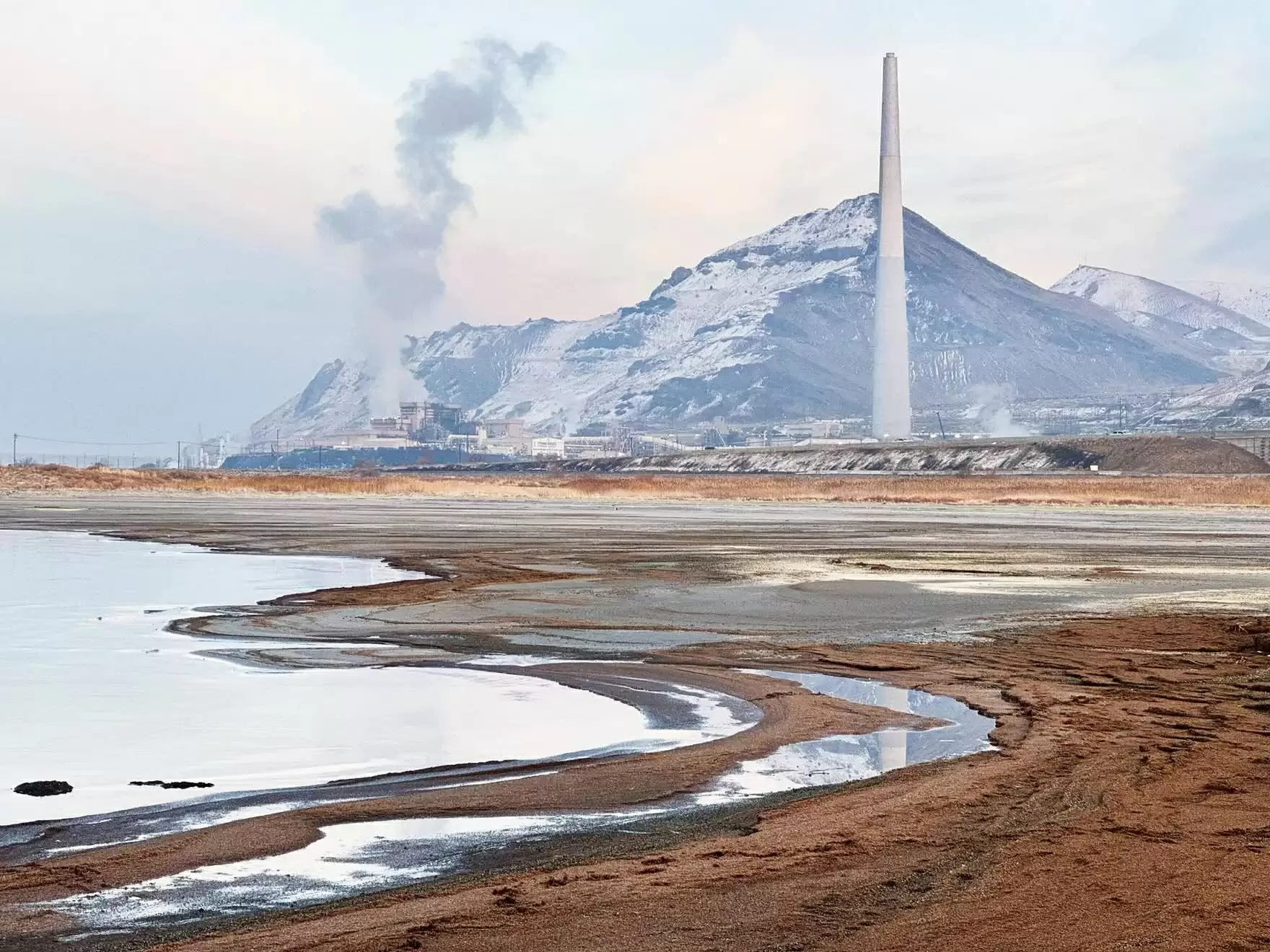
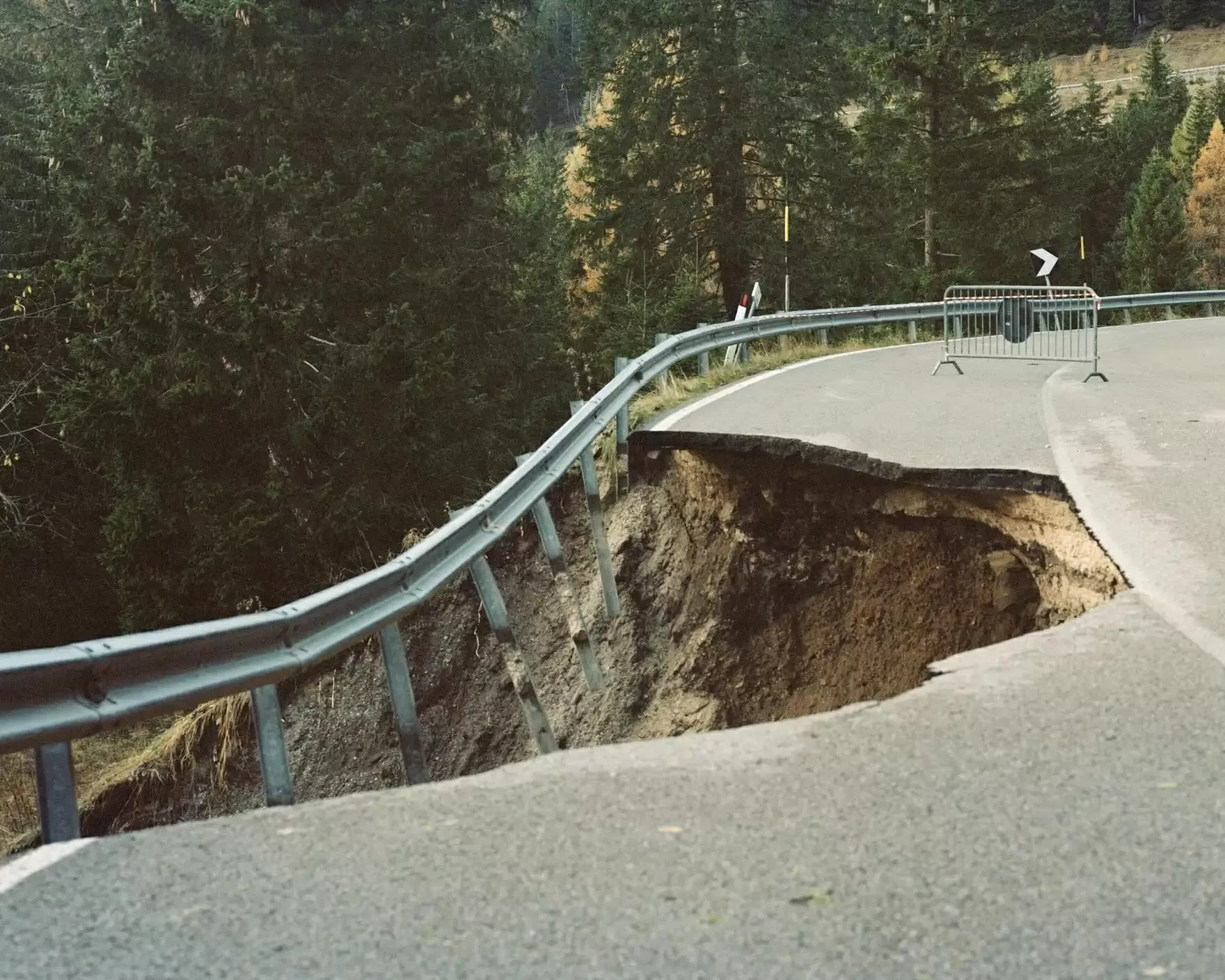
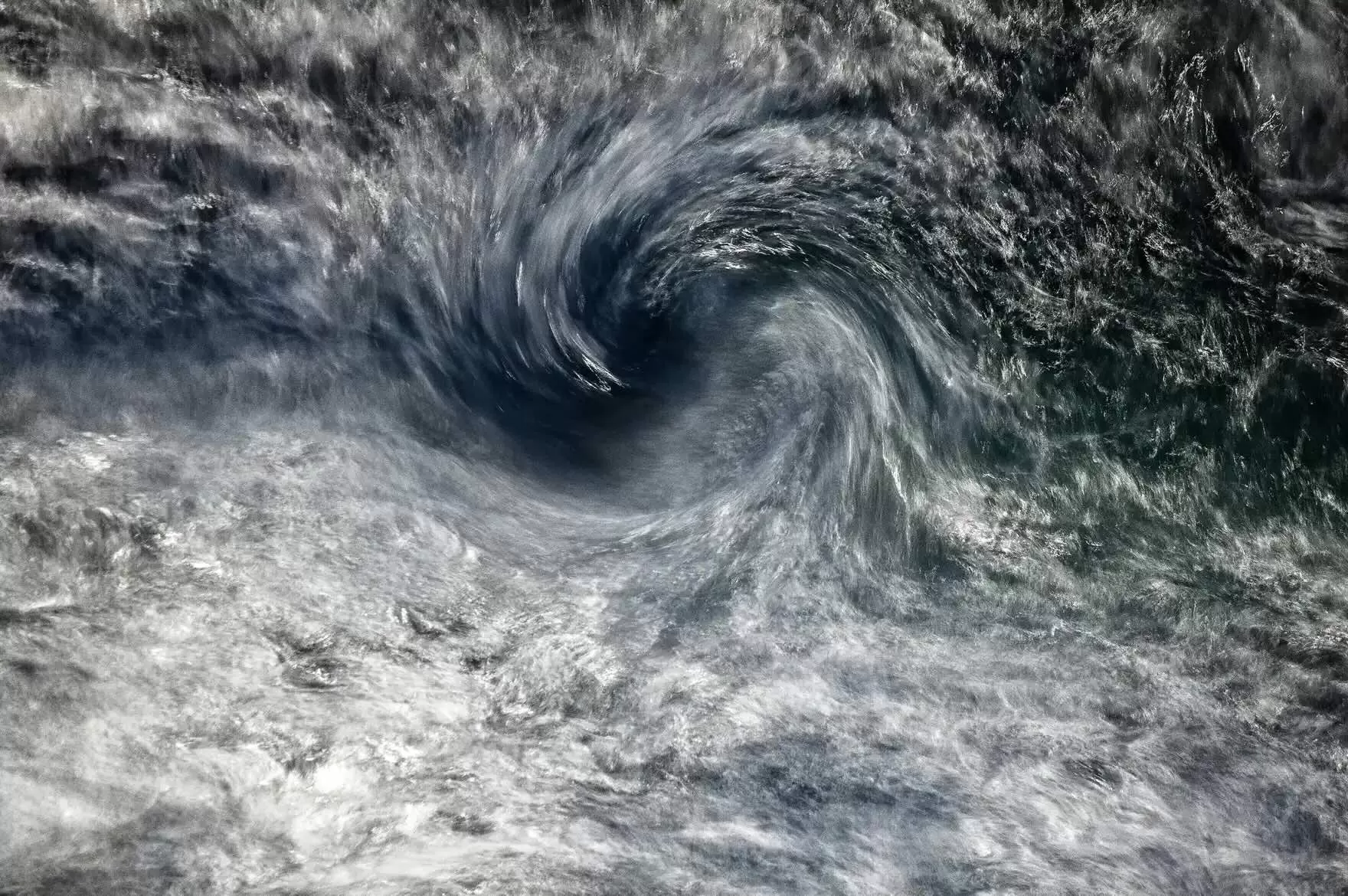
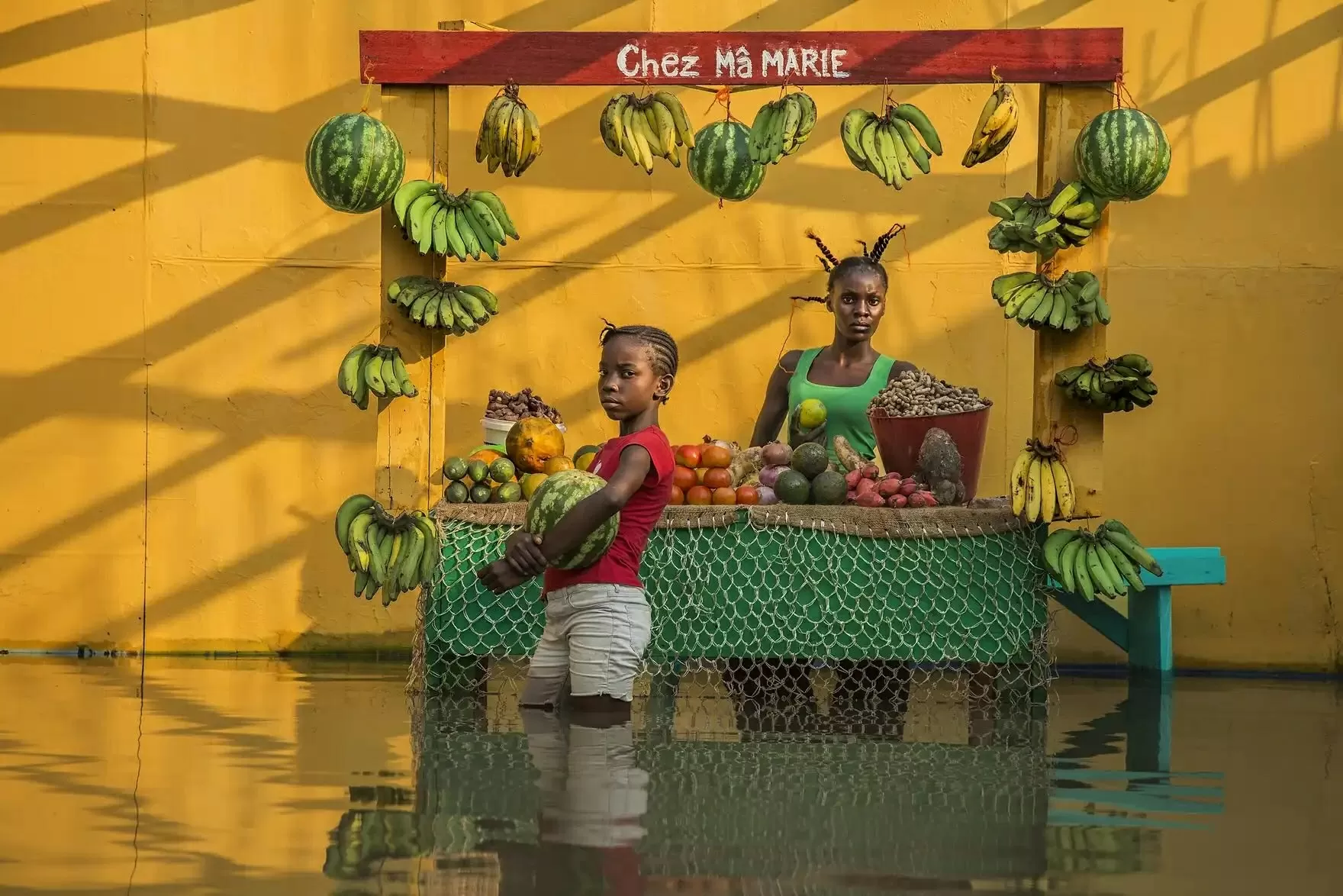
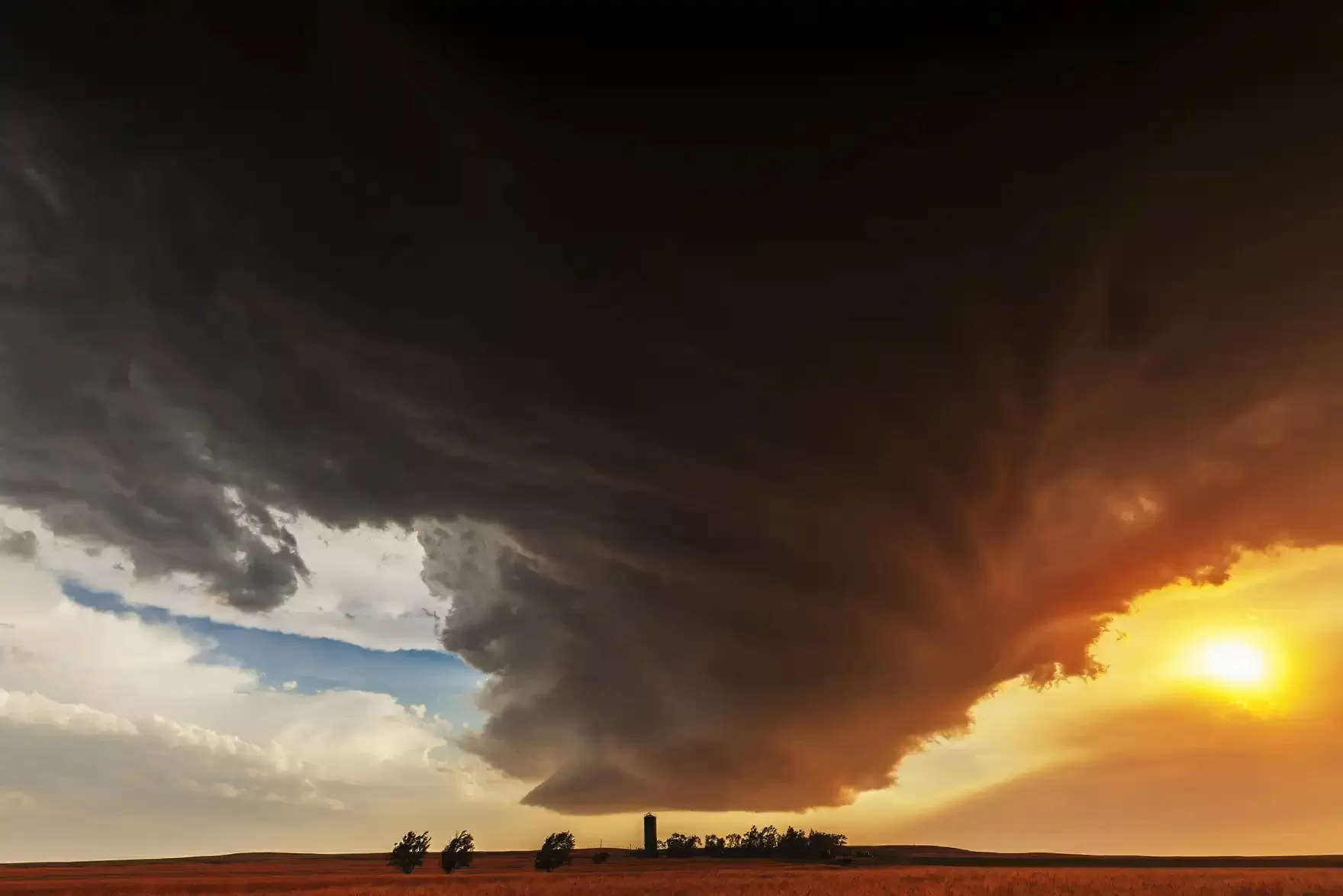
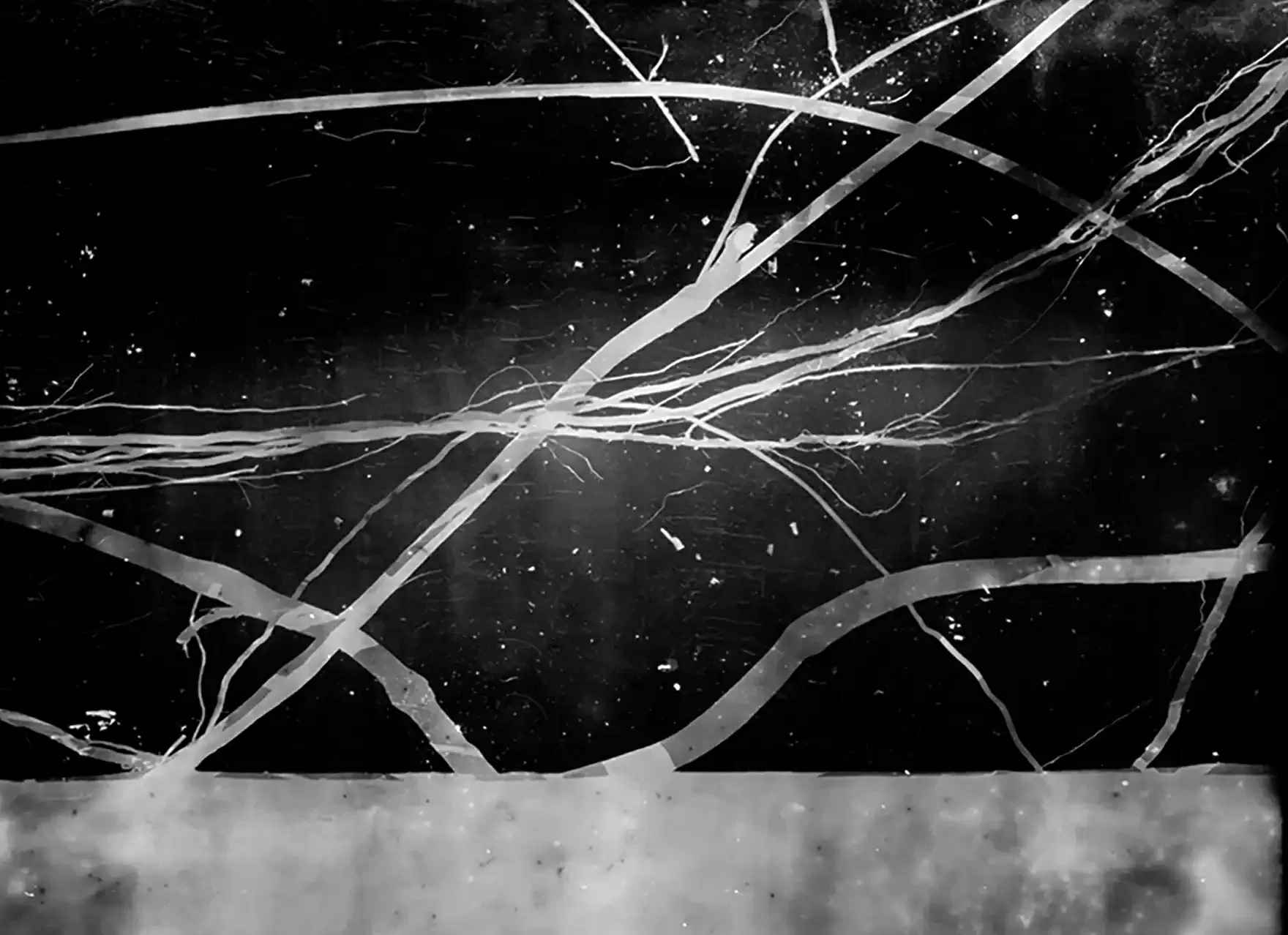
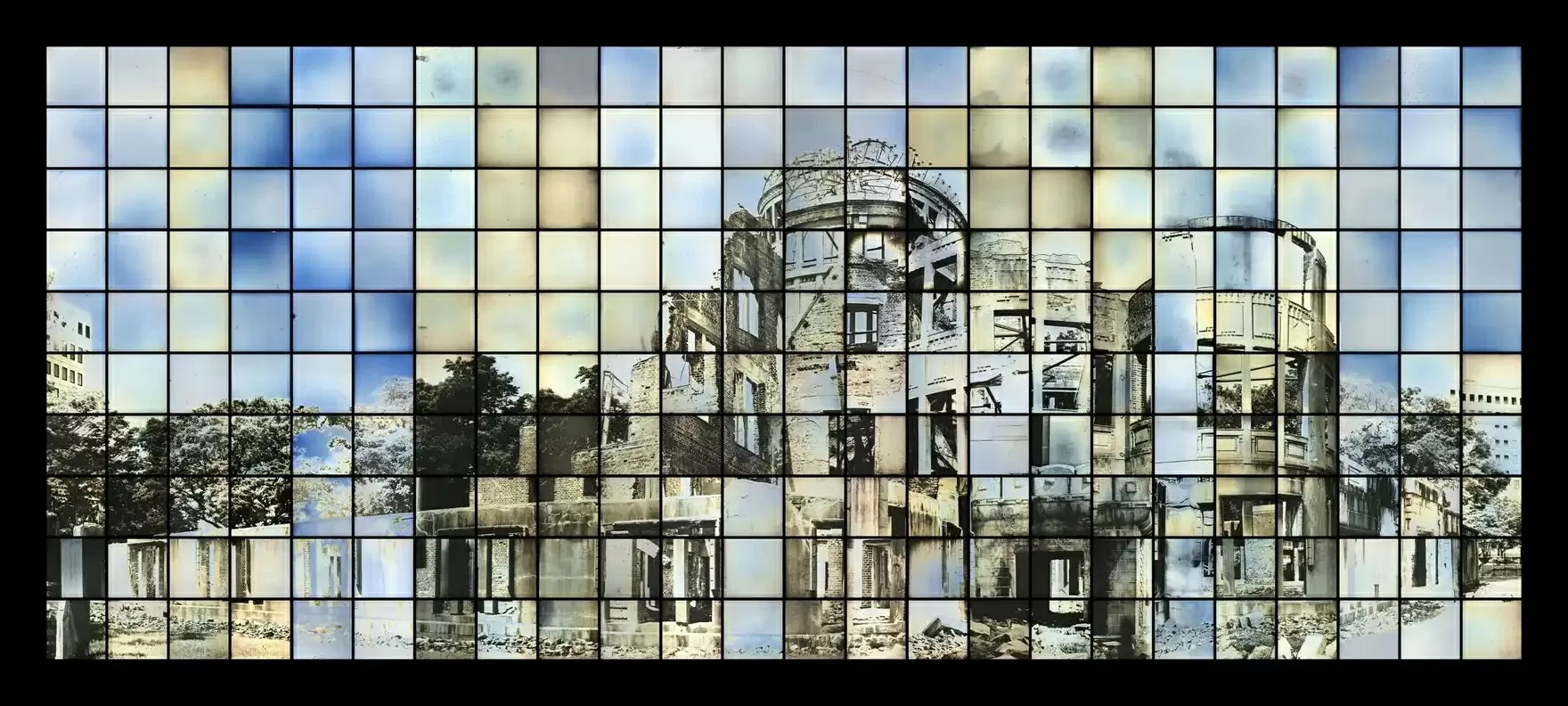










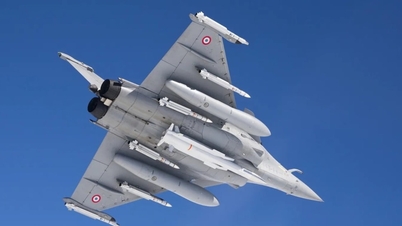
![[Photo] Unique architecture of the deepest metro station in France](https://vphoto.vietnam.vn/thumb/402x226/vietnam/resource/IMAGE/2025/11/14/1763107592365_ga-sau-nhat-nuoc-phap-duy-1-6403-jpg.webp)

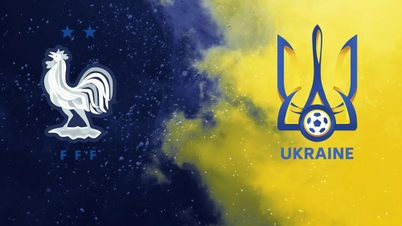

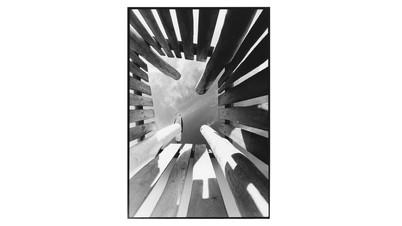



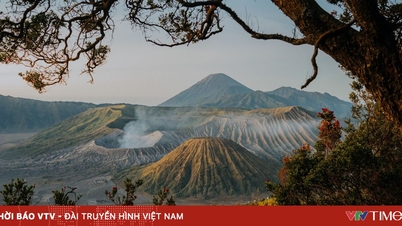














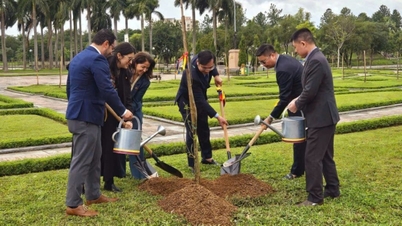
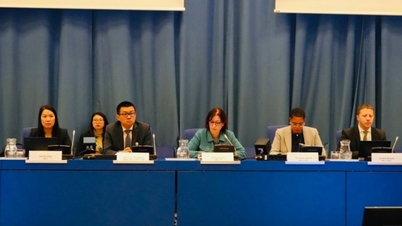
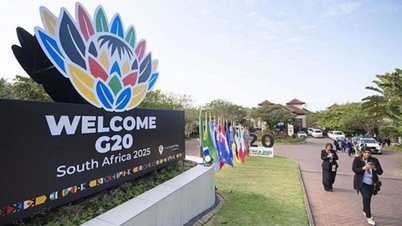
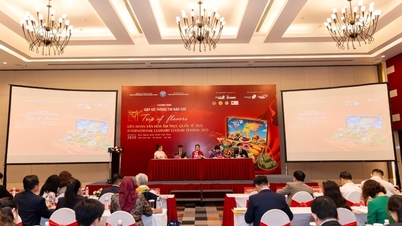





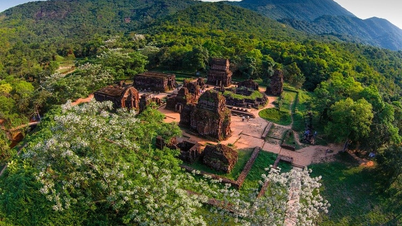

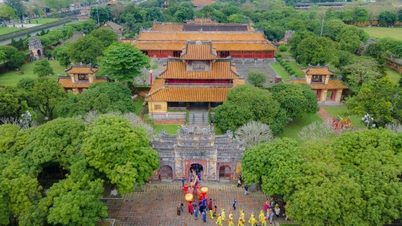

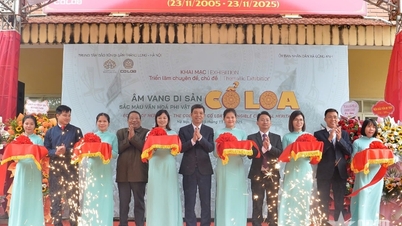

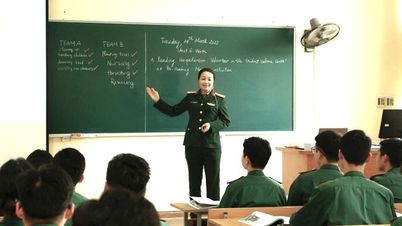




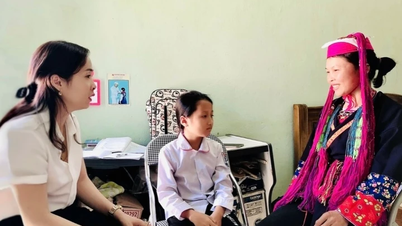



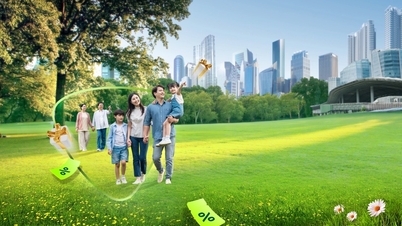














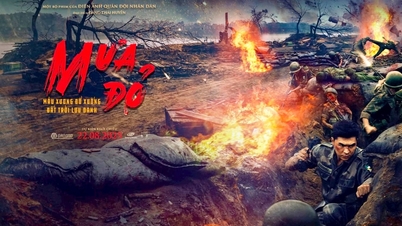
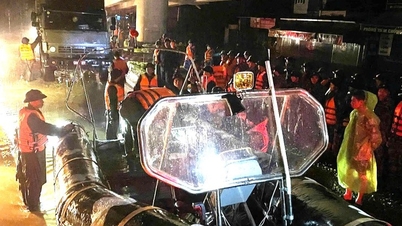


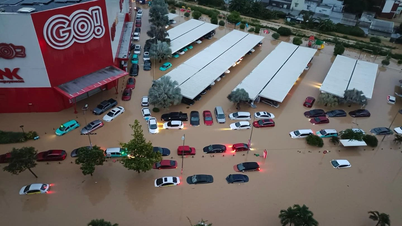


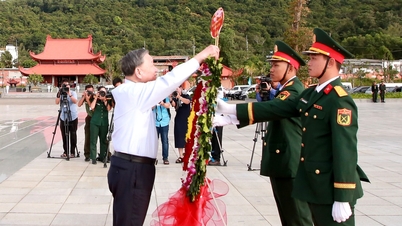








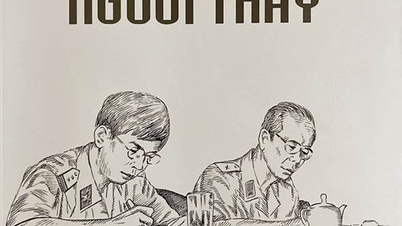

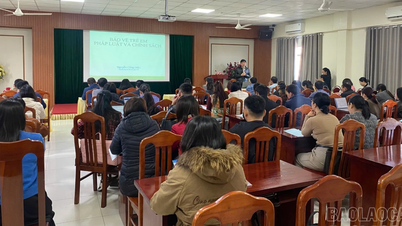













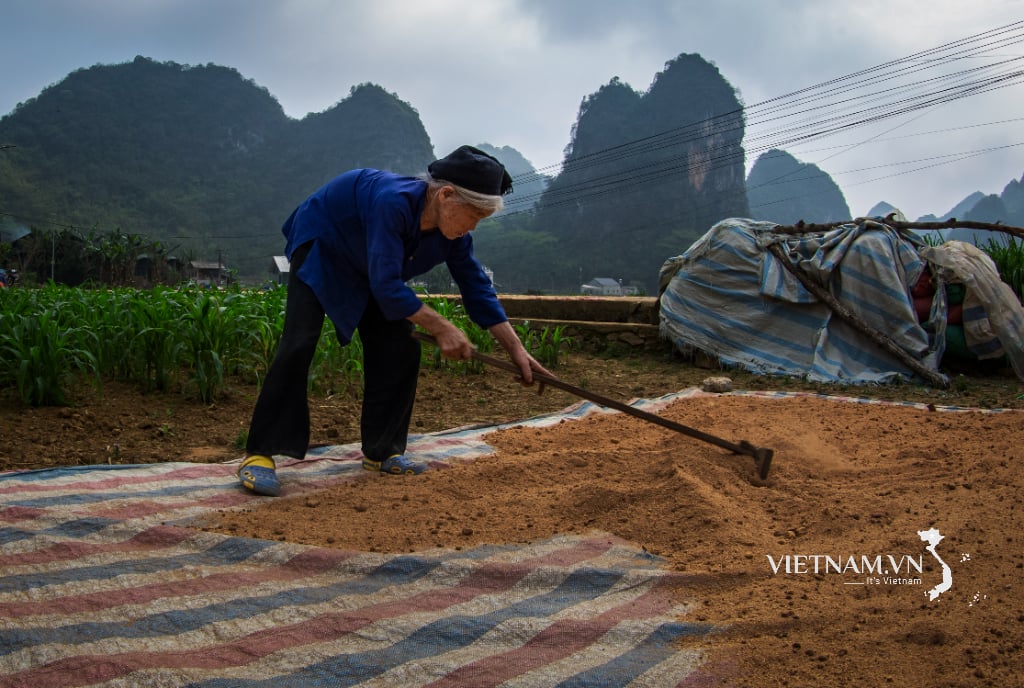



Comment (0)